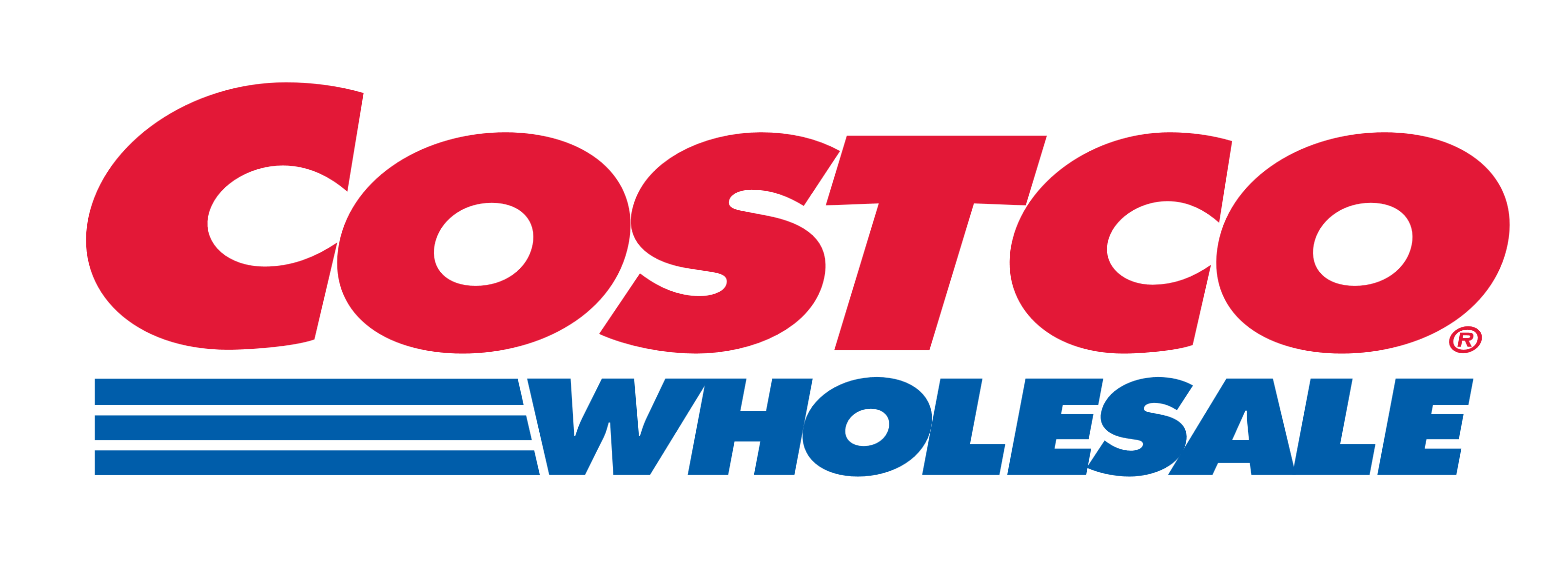

“We have no idea why, so here’s our woo-woo explanation”.


“We have no idea why, so here’s our woo-woo explanation”.


Checked Alarm’s privacy policy on their website… and it’s kind of sketch. The big ol’ “Privacy” link takes you to a page basically saying “We don’t sell your info”, which OK, cool.
However, scroll all the way to the bottom, and there’s another privacy section. That one details what they do with info using their service.
Quick Bing AI summary:
Alarm.com’s Privacy Policy outlines how they handle your personal information when you use their services. Here’s a summary in plain English:
Information Collection:
Alarm.com collects and stores Personal Information from or about you. This includes details that can be used to uniquely contact, identify, or locate you.
When using the User Interfaces (such as their website or mobile apps), you may provide Personal Information like your name, address, phone number, email, location, or zip code.
Additionally, when using their Services, you or your Authorized Service Provider may provide additional information (e.g., home or business details, system configuration, sensor names, etc.) to personalize your experience.
Types of Data Collected:
Performance data from security devices monitored by Alarm.com.
Electrical usage, heating/cooling information, light settings, and more.
Alert logs and other relevant data.
Purpose of Data Collection:
To provide you with the best interactive security, energy management, video monitoring, automation, and wellness services.
Personalization of services based on the information you provide.
Alarm.com may also receive data from their partners (like emergency contact info) to enhance their services1.
Remember that data privacy practices may vary based on your region and use of the app2. Always review the full privacy policy for complete details1. If you have specific concerns, consider reaching out to Alarm.com directly for clarification.’


No worries, it was more a concern over flavor than whether there was “salt” in it.
To answer my own question, after OP mentioned brand, I looked it up. The Kirkland Organic No-Salt seasoning does not have any salt/salt-substitute in it, according to the ingredients list.
Contains onion, garlic, carrot, black pepper, red bell pepper, tomato, orange peel, parsley, bay, thyme, basil, celery, lemon peel, oregano, “savory”, mustard seed, cumin, marjoram, coriander, cayenne pepper, citric acid and rosemary.
Not sure what “savory” is.


As reasonable the concerns are… it seems like there’s quite a bit of fearmongering over software and hardware that haven’t even really gotten into the mainstream yet.


Potassium salt substitute tastes like ass though.


Does the no-salt seasoning use a “replacement” like potassium (iodide?) or is it no salt at all?


Don’t worry, you’re not missing anything. It’s 1 hour and 57 minutes of loosely related clips, shitty text over video and terrible audio quality. Skimming through it, yeah, there’s nothing of value (unless you value unhinged schizophrenic ranting as entertainment… in which case, yeah, still no value).


I used to blame my cousin, as she has a raging drug addiction and does shady crap like steal people’s credit cards/checks and it was only after she had been over that I had noticed. But nope, still going despite time and resets. If I knew a way of pulling login info off the TV, I’d probably share it, because hell, why not.


How many years has this vulnerability been kicking around? At least through a couple/few generations of processor… so what’s the hold up to actually fixing the issue? Also, “InSpectre Gadget” is a great name.


I’m thankful Roku has had data breaches. Mostly because I have a Roku TV that was somehow compromised and now, even after a couple of years and several full factory resets, whoever used my throwaway account signed up for all the streaming services at the highest tier. Hard to be mad when I havent had to pay for anything.
And no, before anyone says anything, it’s not putting my home network at risk, as it’s just the Roku account that’s compromised. Nothing tied to me personally, not even a card/address on the account, so I just chalk it up to “as long as it keeps working, Im not worrying about it”.


Or it just confirms developers being in cahoots, and consumers being unaware that they have choices, even when it doesn’t seem like it. Hopefully you’re not interpreting this as me trying to argue with you, as my intention is more of a “hey, by the way here’s something” rather than an attempt to convince anyone of anything.


Higher price per unit, but propane burns 2-2.5x more efficiently. So what might be more beneficial to one person or another most likely depends on other factors, such as region and availability.


Are people just not aware that most natural gas appliances can be run with propane and not just the natural gas that utilities might provide? Usually just requires adjustment of the flow-rates on the appliance and fuel supply line. I forget which is which, but natural gas and propane run at two slightly different pressures, so if you don’t adjust for that during the changeover, it won’t burn as efficiently.
I mention this more as a “what would I do if I was told I had to sign up for the natural gas utility”. Of course, this doesn’t take into account that if you have natural gas coming to the house, you probably use that as your primary heatsource as well. So that’s a consideration. In terms of kitchen appliances though, the info might be useful to someone.


Seeing this statement makes me wonder - would Proton’s ecosystem be considered a juicier target for data, with thinking along the lines of “people adopt proton to have more privacy. Are they more likely to transmit more sensitive data because they think it’s more private?”


As I admittedly don’t actually know much of Canadian politics, especially so at the provincial level, I had to make some broad assumptions but it seems that such practices are just a given at this point, regardless of geographical location. I found out recently that despite living in the land of the so-called free, it is apparently very much frowned upon to just like… open a roadside tavern for weary travelers. Something about health codes and livestock in common areas or something <shrug>.


Ah, sounds like that Marlaina person would snub their nose at me. My second thought after “Huh, gallon of vodka makes perfect sense” was “bet college me could have double-fisted them and lived to tell the tale”.


I wonder what the issue is. Seems to me that using something as ubiquitous as the 1 gallon milk jug makes sense. Are they really concerned that someone that’s tempted to drink the entire gallon will be stopped by having to purchase more than one container? The article has a strong focus on the pricing of the vodka… so, who on the Canadian Liquor Board is getting paid to keep prices up? “Spirit of the Albertans” – seems disingenuous to say that the locals are in support of price fixing, as the article seems to imply.
The end of the article hints at spirits-makers being able to bulk purchase alcohol to be blended, and how newer distileries/spirits-makers aren’t required to make the same investment into producing their own base alcohol as was previously required. The way it reads, makes it seem like the article is being sponsored by the big makers in terms of how “small makers” have the unfair advantage and that it’s the small guys lowering prices that is the bad thing.
<shrug> My interpretation could be off, but my tl;dr is corporate has a problem with prices effecting profits, so hit-piece on the independents it is.

Well, hopefully the man finds his cat. It’s quite clearly important to him.


I’m glad I’m not the only one to see the absurdity in it. Never thought “refueling” would mean “stopping at the 7/11 for some gas and war-snacks”. Even worse… that poor trucker that pulled in just at the station got hit… hopefully there’s somewhere else nearby.
The irony of Mozilla being concerned with industry practices around privacy. Rather hypocritical considering their majority funding source.